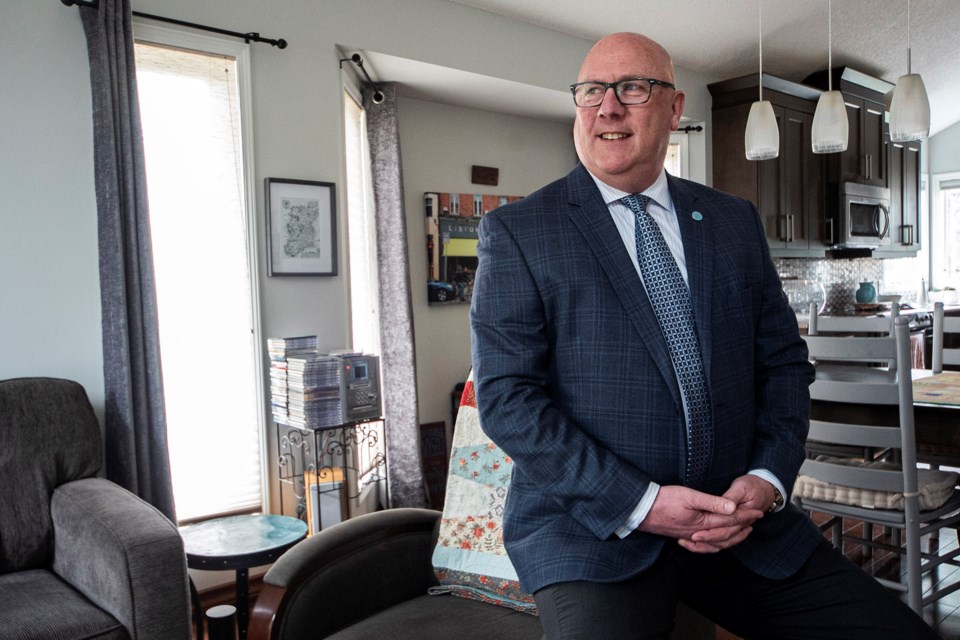In his book The Seven Habits of Highly Effective People, author Stephen Covey identified a fundamental approach to being human. He suggested: "Between stimulus and response there is space. In that space is our power to choose our response. In our response lies our growth and our freedom."
Another author, psychologist Rollo May, in an article titled Freedom and Responsibility Re-Examined, suggested freedom is thus not the opposite to determinism. Freedom is the individual’s capacity to know that he is the determined one, to pause between stimulus and response and thus to throw his weight, however slight it may be, on the side of one particular response among several possible ones.
In today's world with COVID-19, restrictions, vaccinations, etc., there are an inordinate number of thoughts and decisions that are happening between those stimuli noted above and our chosen responses. Our chosen responses really determine our happiness and our future, and for each of us it might be a different response.
So how do we process all of this data that presents itself as the world happening to us, and shift to us taking control of our response by distancing the gap between the two? By asking questions.
Paul Harris the founder of the Rotary Club, established what Rotary refers to as the four-way test. The test asks four key questions: is it the truth? Is it fair to all concerned? Will it build goodwill and better friendships? Will it be beneficial to all concerned? These are incredibly insightful questions as we look back at the stimuli noted above.
I can't remember exactly when truth became optional – whether it was when reality television surfaced or when social media became a platform to espouse your opinions – but discerning truth these days is probably one of the most difficult skills to develop for all of us. We seem to have shifted from leading with trust to leading with mistrust. As a society, it is costing us dearly in terms of time and energy to try to find the truth.
"Is it fair to all concerned?" is a question that we are struggling with as a society right now. When one of us goes out into public without a mask because we have the freedom to do so, it is an expression of our independence, and yet others will challenge that it is not fair to others if you happen to be carrying the virus and share it with others. This challenging question of fair-to-all is very difficult to find the appropriate balance. The questions of building goodwill, better friendships and being beneficial to all is where we have to find our spot on the continuum of self-interest against the interest of the greater good.
We are being tested in a way that none of us anticipated 13 months ago. We each have been impacted during this journey in different ways, and we've seen those impacts through our own eyes. Next time you experience a new stimulus, try asking: "What can you share with me that will help me see what you see?"
When we as a society can ask great questions that will create the common picture of the greater good, we will come out of this pandemic stronger, better and more united as a city, as a province, as a country and a world.
– John Liston is a St. Albert resident and is actively involved in both the business and charitable communities.




